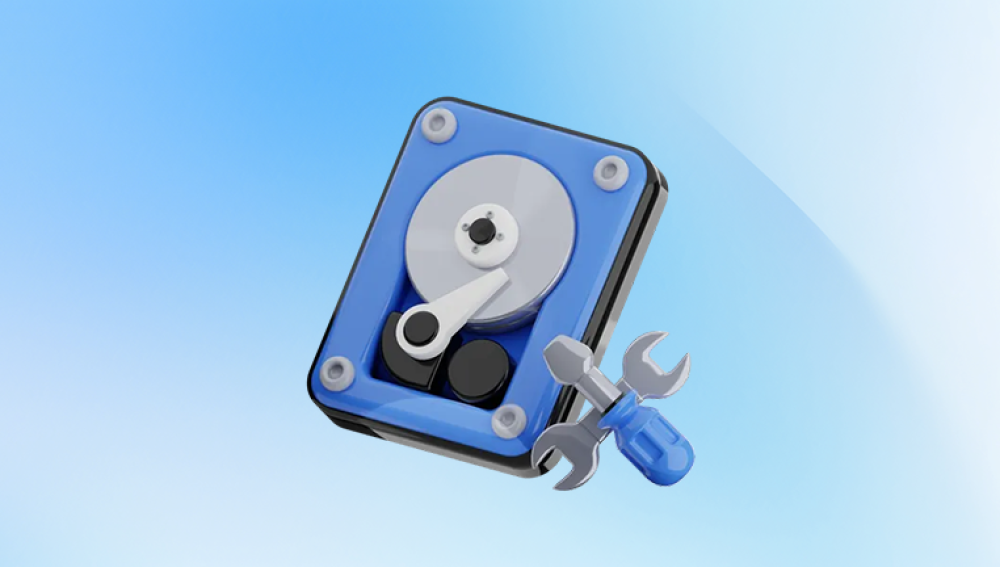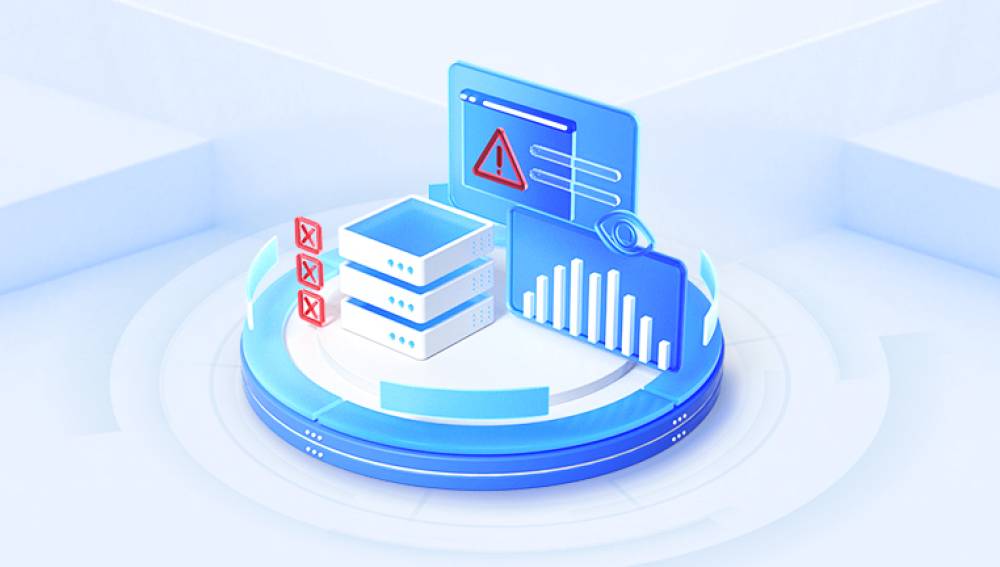Las Vegas, known for its vibrant entertainment and business landscape, is also home to an expanding tech scene. As residents and businesses become increasingly reliant on digital data, the demand for hard drive recovery services in Las Vegas has grown significantly. This guide explores everything you need to know about hard drive recovery in this bustling city, from common failure causes to how to choose the right recovery service.
A hard drive is a delicate piece of machinery composed of intricate parts, including spinning platters, actuator arms, read/write heads, and firmware systems. Despite advances in technology, no drive is immune to failure. Understanding why drives fail is the first step toward effective recovery.

Common Causes of Hard Drive Failure
Mechanical Failures: Over time, wear and tear can cause internal parts to break down. The read/write heads might crash onto the platters, or the motor may fail, rendering the drive inoperable.
Electrical Failures: Power surges or outages can fry the PCB (printed circuit board) of a hard drive, causing it to stop functioning.
Logical Failures: These involve corruption of the file system or accidental deletion of files. The drive itself remains physically fine, but data access is obstructed.
Firmware Corruption: The firmware is the embedded software that controls the hard drive. If corrupted, the drive may not initialize correctly or become unrecognized by the operating system.
Environmental Damage: Las Vegas summers are scorching, and heat can damage drives stored improperly. Water exposure or dust from the desert climate can also affect external and internal components.
Human Error: Accidental formatting, deletion of critical system files, or improper handling can lead to data loss.
Signs of a Failing Hard Drive
Many hard drives don’t fail suddenly. There are usually signs that users can watch for:
Clicking, grinding, or beeping noises
Frequent system crashes or blue screens
Slow file access or boot-up times
Disappearing files or folders
The drive not appearing in File Explorer or Disk Management
Recognizing these symptoms early can mean the difference between partial and full recovery.
What to Do When a Hard Drive Fails
If you suspect your hard drive has failed or is in the process of failing, take the following precautions:
Stop Using the Drive: Continuing to use a failing drive can make the situation worse. Avoid writing new data or running diagnostics that could overwrite recoverable sectors.
Do Not Attempt DIY Repairs: Opening a hard drive outside a certified clean room can introduce dust particles that ruin the platters. Similarly, freezing the drive or tapping it can cause irreversible damage.
Disconnect and Label the Drive: If you’re handling multiple storage devices, clearly label the failed drive to avoid confusion or accidental formatting.
Seek Professional Help: Especially in cases of mechanical or severe logical failure, consult with a professional recovery service in Las Vegas.
The Data Recovery Process in Las Vegas
Professional data recovery typically follows a systematic process. Here’s what you can expect when you approach a local service provider:
Initial Consultation and Assessment
You’ll bring or ship your hard drive to the facility. Some Las Vegas services offer free evaluations, where technicians examine the drive to determine the type and extent of damage.
Quotation and Approval
After diagnosis, you'll receive a quote detailing the estimated recovery cost and success probability. Reputable services operate on a “no data, no charge” basis, especially for complex recoveries.
Recovery Process
Depending on the failure type, recovery may take several hours to several days.
For Logical Failures: Software tools are used in a controlled environment to extract corrupted data, rebuild partition tables, and restore files.
For Mechanical Failures: The drive is opened in a clean room where engineers may replace damaged components like heads or PCBs.
For Firmware Failures: Specialists reprogram or flash the firmware using proprietary tools.
Data Return
Once data is recovered, it is usually returned to you via a new external hard drive or a secure download link. The original failed drive is returned if requested or securely destroyed.
Choosing the Right Hard Drive Recovery Service in Las Vegas
Not all data recovery services are created equal. Here are key factors to consider when selecting a provider in the Las Vegas area:
1. Clean Room Facility
Mechanical recovery must be conducted in a certified clean room (usually ISO Class 5 or better). This prevents dust or airborne particles from damaging exposed internal components.
2. Certifications and Compliance
Check for certifications such as:
ISO 9001 (Quality Management)
SOC 2 Type II (Data Security and Privacy)
HIPAA Compliance (important for healthcare clients)
GSA Certification (for government work)
3. Experience and Specialization
Look for a provider with a proven track record and experience handling the specific type of drive you have—be it SSD, HDD, hybrid, external USB drive, or RAID/NAS array.
4. Turnaround Time
Some services offer expedited recovery for emergencies. If you need your data back quickly, check whether same-day or 24-hour services are available.
5. Customer Reviews and Testimonials
Local reviews on Yelp, Google, and the Better Business Bureau (BBB) can provide insight into the reliability and quality of service. Look for companies with consistent, high-rated feedback.
6. Transparent Pricing
Avoid providers that give vague estimates or ask for upfront payment without a proper diagnosis. Good recovery services outline fees clearly and don’t charge if recovery fails.
Local Las Vegas Recovery Options
Las Vegas has several reputable data recovery services that serve both walk-in customers and those mailing in their drives. Here are the types of service providers you’ll find:
Independent Data Recovery Labs
These are local businesses with full clean room facilities and in-house engineers. They are often more flexible on pricing and quicker in response than national chains.
National Chains with Local Drop-off Points
Large companies may not have labs in Las Vegas but operate local offices where you can drop off your drive. These are then shipped to a central lab.
IT Support Companies with Recovery Services
Some managed IT providers offer basic recovery for logical failures. While not equipped for physical repairs, they can be useful for less severe data loss scenarios.
Types of Drives Serviced in Las Vegas
The diverse clientele in Las Vegas means recovery services cater to a wide range of hard drive types:
Traditional HDDs (IDE, SATA, SCSI)
Solid State Drives (NVMe, SATA SSDs)
External Drives (WD My Passport, Seagate Expansion)
Hybrid Drives (SSHDs)
RAID Arrays (RAID 0. 1. 5. 10)
Servers and NAS Devices (QNAP, Synology, Drobo)
Gaming Console Drives (Xbox, PlayStation)
Whether you’re a business owner trying to recover client records from a RAID system or a musician retrieving recordings from an external USB drive, Las Vegas recovery labs have the equipment to handle the job.
Cost of Hard Drive Recovery in Las Vegas
Pricing for data recovery varies significantly based on the complexity and urgency of the case. Here's a rough breakdown:
Logical Recovery: $100 – $600
Mechanical Recovery: $500 – $1.500+
RAID Recovery: $800 – $3.000+
Expedited Services: Add 25% to 100% of base price
Keep in mind that many providers will waive evaluation fees and offer free shipping or pickup options. Always confirm pricing policies before committing.
Preventing Future Data Loss
While recovery services in Las Vegas are effective, prevention is always better than repair. Here are steps to safeguard your data:
Regular Backups
Use both local and cloud-based backups. Applications like Time Machine (Mac), File History (Windows), or third-party software (Acronis, Backblaze) can automate this process.
Surge Protection
Use a high-quality surge protector or UPS to shield your equipment from sudden power outages and spikes, which are common in the Las Vegas area during monsoon season.
Environmental Considerations
Keep hard drives in a cool, dry place. Avoid storing them near windows, in garages, or anywhere heat and dust can accumulate.
Monitor Drive Health
Tools like CrystalDiskInfo (Windows) or DriveDx (Mac) can alert you to declining health indicators like reallocated sectors or rising temperature.
Emergency Data Recovery in Las Vegas
When you're in a bind—especially during a high-stakes event or deadline—you need fast, reliable help. Las Vegas offers:
24/7 Emergency Recovery Labs
On-Site Recovery for Businesses
Pickup and Delivery Services
Remote Logical Recovery via Secure VPN
This rapid response infrastructure ensures you're never left stranded, even after hours or during the weekend.
Serving Diverse Sectors
The unique makeup of Las Vegas means data recovery needs span many industries:
Entertainment: Recovery of music files, DJ sets, video production data
Hospitality: POS systems, guest records, CCTV footage
Healthcare: Patient files, radiology scans, EMR systems
Real Estate: Property documents, contract files
E-commerce & Gaming: Website data, user databases, development backups
Recovery services tailor their offerings to meet industry-specific compliance and confidentiality standards.
Peace of Mind Through Data Recovery
Losing a hard drive can feel catastrophic, but it doesn’t have to be the end. With the right knowledge and support, most data can be recovered even from drives that seem totally dead. Whether you’re a student recovering a term paper or a business owner salvaging years of accounting records, Las Vegas is home to expert technicians ready to help.
The key is acting quickly and wisely. Avoid panic. Don’t DIY unless you're trained. Choose certified professionals. And once your data is safe, build a smarter backup plan to ensure peace of mind for the future.




